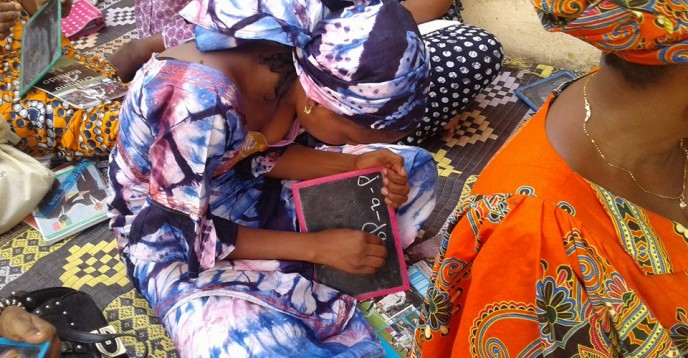
Global Alliance for Literacy strategy (2020-2025)

An estimated 750 million youth and adults worldwide have still not achieved basic literacy; two-thirds of them are women. Of the youth and adults lacking basic literacy skills worldwide, 556 million live in only 29 countries. These countries constitute the Global Alliance for Literacy (GAL).
To strengthen policies, equity, innovation, data and partnerships around literacy, GAL member countries have adopted a strategy with ambitious targets set to be achieved by 2025. In its capacity as the GAL Secretariat, the UNESCO Institute for Lifelong Learning (UIL) coordinates the implementation of this strategy and works closely with countries and partners to make progress towards universal literacy.
David Atchoarena, UIL Director, explains: “Investments in literacy make an essential contribution to the resilience and empowerment of all, in particular disadvantaged and marginalized populations. Yet youth and adult literacy are often still missing in national education sector plans, in the respective national budgets and in donor funding. Within the framework of the GAL strategy, 29 member states call for change and aim to engage all relevant stakeholders in action. I invite all concerned partners to support the implementation of this strategy with technical, advocacy or policy expertise, and with funding!”
To implement the strategy and each of its five goals on policy, equity, innovation, data and partnership, GAL will for example provide a platform. This platform will serve to exchange models and promising practices of how to integrate literacy into education sector plans, improve learning opportunities and outcomes for disadvantaged populations, and foster innovation in literacy programmes through technological means. Ideas and tools for measuring, monitoring and evaluating progress on literacy will also be shared.
Further information

